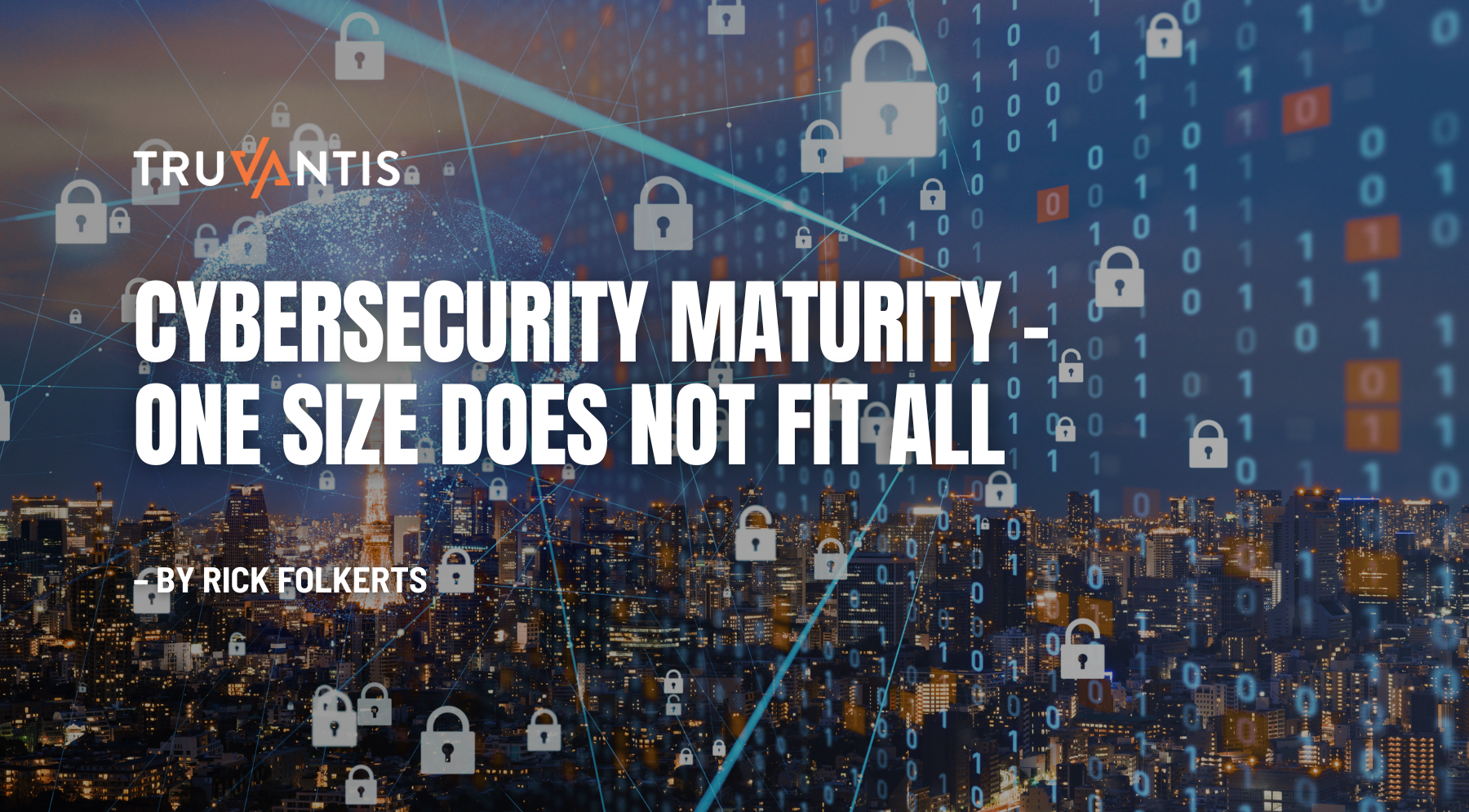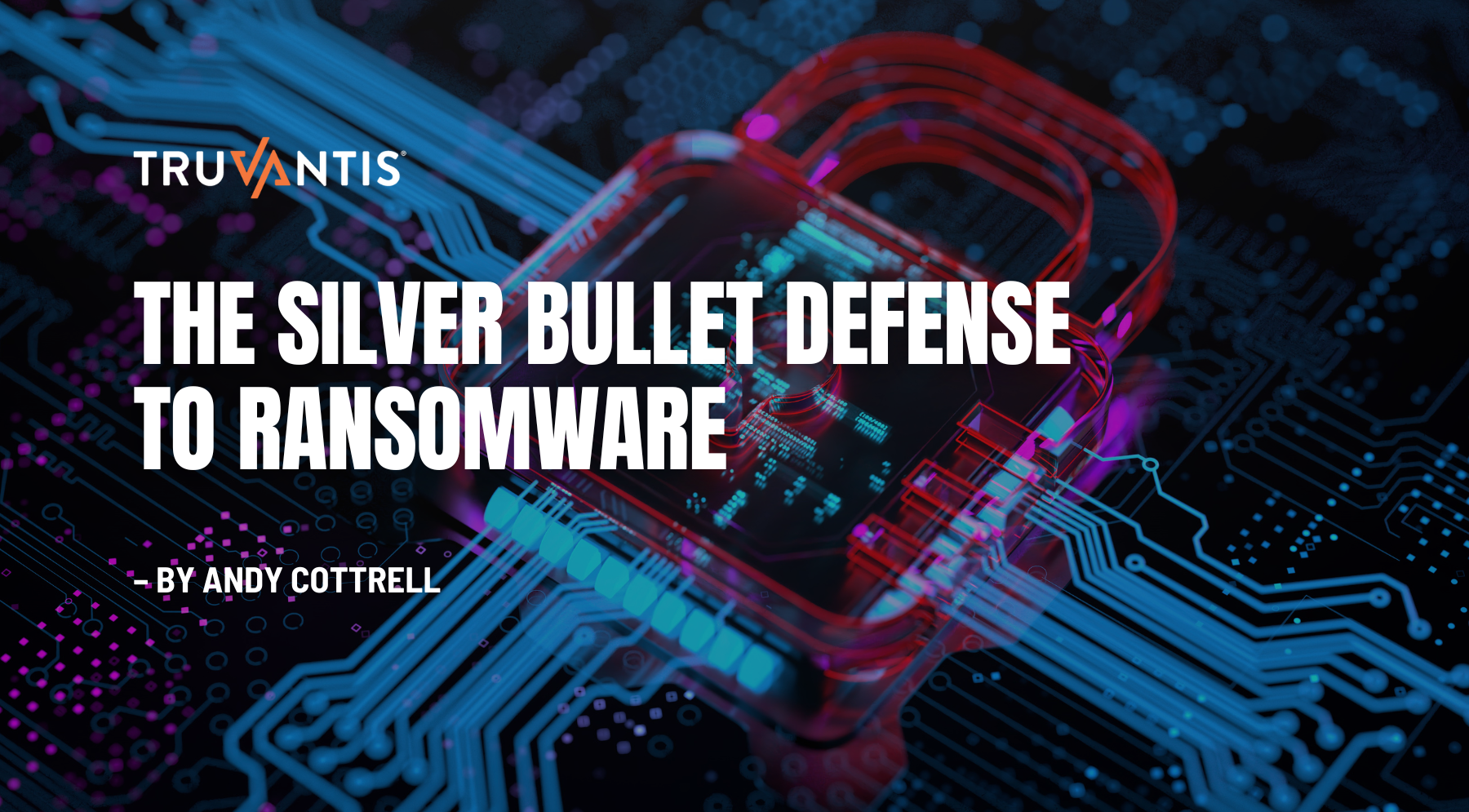For businesses that store, process, and transmit cardholder data, you know that you must comply with the Payment Card Industry Data Security Standard (PCI DSS) in order to process credit and debit transactions.
But how do you make sure you’re up to PCI DSS standards? Should you attempt to validate yourself or hire an outside expert?
Most businesses can benefit from hiring a qualified security assessor (QSA) to ensure they meet cardholder data handling compliance needs. Here are five reasons we recommend establishing a trusted QSA.
1. You must validate every year
Almost every business must validate their PCI DSS compliance annually. That requires you to demonstrate compliance to your acquirer (normally your bank or payment processor) using an attestation of compliance (AOC) form. you must maintain that standard of compliance all year long.
Validation is a challenging process for those who aren’t familiar with it, which is why so many organizations find it helpful to hire experts instead of completing it internally. It may be possible to complete this in-house, but the process can be made much smoother with the work of an outside organization.
Because a lapse in compliance could violate your contracted terms with your merchants, banks, processors, developers, or point of sale vendors, you cannot afford compliance with any requirement to lapse. That’s why so many businesses hire a QSA for an annual review.
That gives you confidence and trust.
2. There can be devastating consequences for breaking compliance
Besides the threat of your merchants and service providers ending business with you because of a compliance gap, there are a number of other devastating consequences from financial data breaches for your business.
Not only could you face serious fines and penalties, but leaked cardholder data could also ruin your reputation, tarnish your brand, and put you out of business. QSAs are here to professionally validate your compliance and minimize those risks.
3. PCI DSS standards change over time
As we established above, PCI DSS compliance is not a once-and-done checkbox. Not only can your business and partnerships change, but PCI DSS standards also evolve over time.
While these changes may take years to occur, they become a part of your compliance validation whenever they’re instituted. For businesses that attempt to validate internally, that means you may not be able to use the same process to validate this year that you did last year. The council also publishes clarifications about the standard via information supplements, FAQs and in training courses. It takes time and money to keep abreast of these changes. By using a QSA, you have access to somebody that has the latest knowledge about PCI DSS and can interpret it for your business/
Those businesses that hire a QSA have a resource for all things PCI DSS to ensure nothing is missed and that they remain fully compliant.
4. QSAs act as an independent third party
Some businesses complete a self-assessment questionnaire (SAQ) or use an internal security assessor (ISA) instead of hiring an independent assessor. While both methods can in theory achieve the same goal of validating compliance, these internal individuals are still a part of your business. To make matters more complicated, these individuals typically work in the information technology department, which is often strapped for time and may rush the project.
It means outside factors could influence their judgment of compliance, including the concern of repercussions from finding a current violation and requesting it to be fixed at the cost of your business’s hard-earned budget. Not to mention the subconscious inclination to look on your own work more favorably than other people’s.
An outside QSA can see things that your internal team is too close to consider.
PCI DSS compliance matters involve collaboration across many internal departments, including human resources (HR), business process owners, research and development (R&D), legal, and more. An external QSA will be able to look at your company’s compliance from all of those lenses with honest independence.
5. You will establish a standing relationship with a trusted partner
It may seem intrusive to bring in a QSA, but it’s worth the peace of mind you’ll have for years to come once you’ve established a relationship with a trusted assessor.
Working with the same QSA year after year will give you that peace of mind. It’s a relationship in which the independent auditor knows the details of your business but isn’t too close to the company to miss the forest for the trees. Plus, the next year you need validated, all you have to do is pick up the phone!
The QSA You Can Trust
Anytime you search for external assistance, it’s important to choose a company you can trust like one of your own employees.
The Truvantis team doesn’t just look for once-and-done compliance clients. We strive to be true partners— establishing long-term relationships where we can offer unique solutions for your goals and compliance needs time-and-time again. That’s why we offer a full range of services for all things cardholder data security and PCI DSS compliance, such as penetration testing, vulnerability assessments and more.
Explore our PCI DSS services and contact us for an introductory chat today.


.png)






